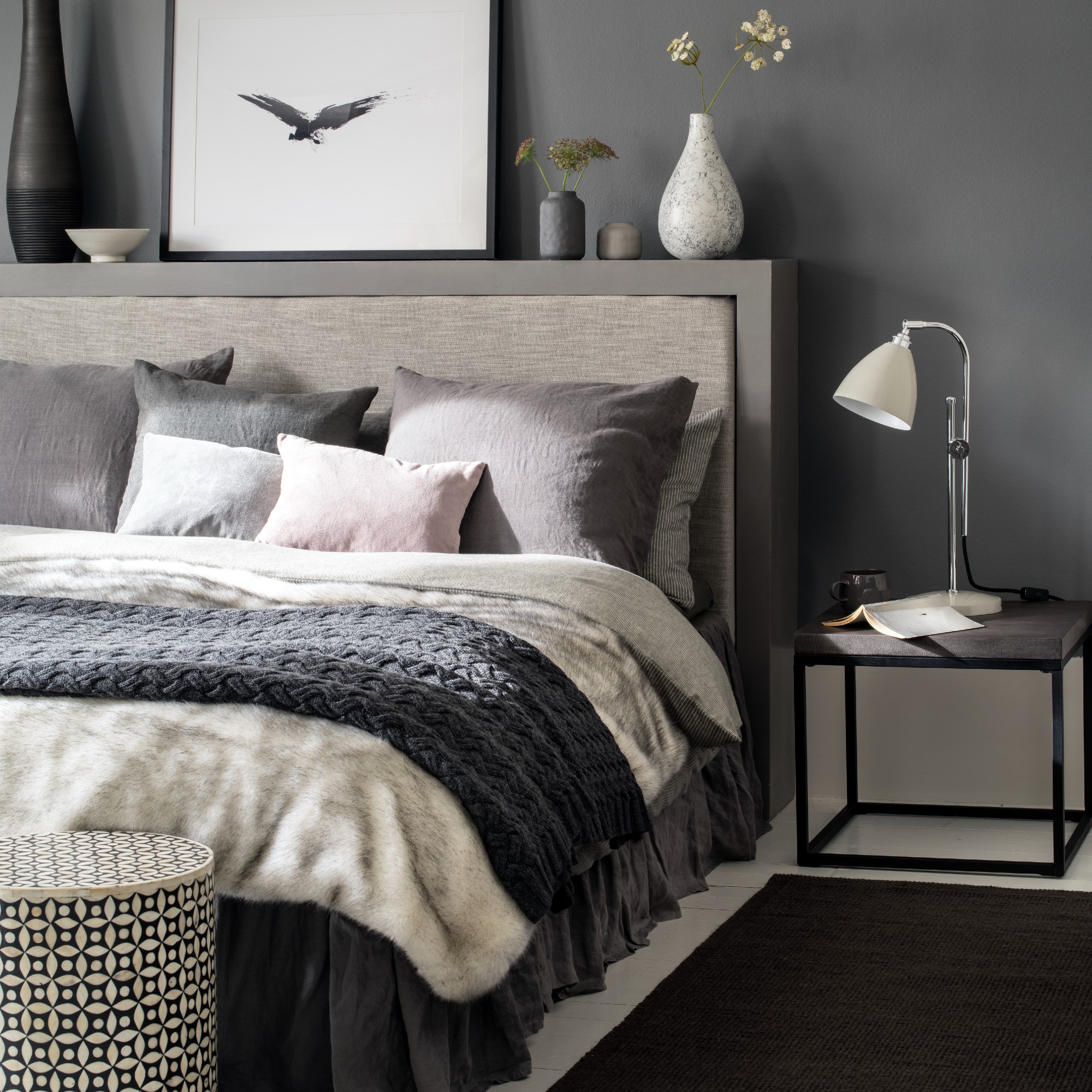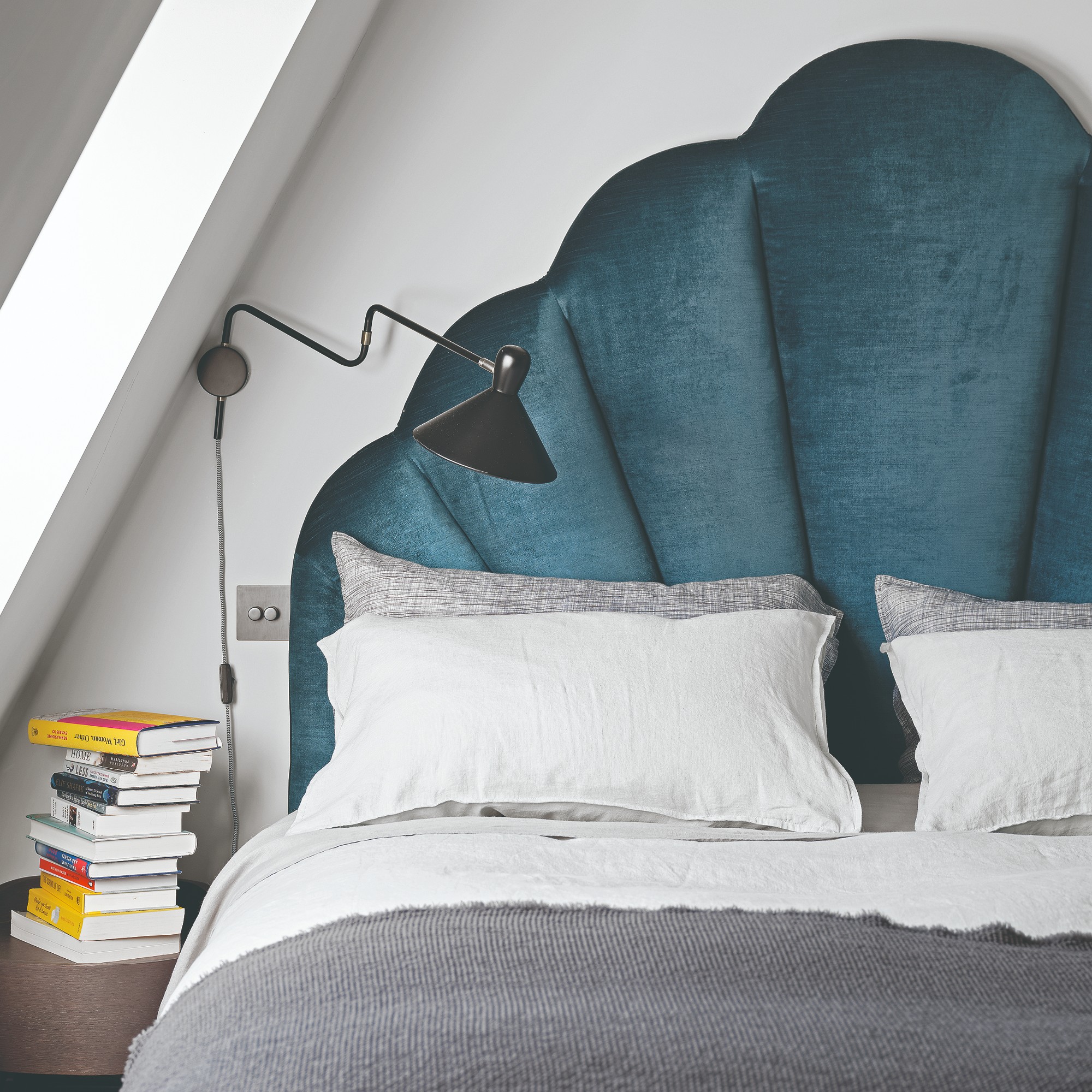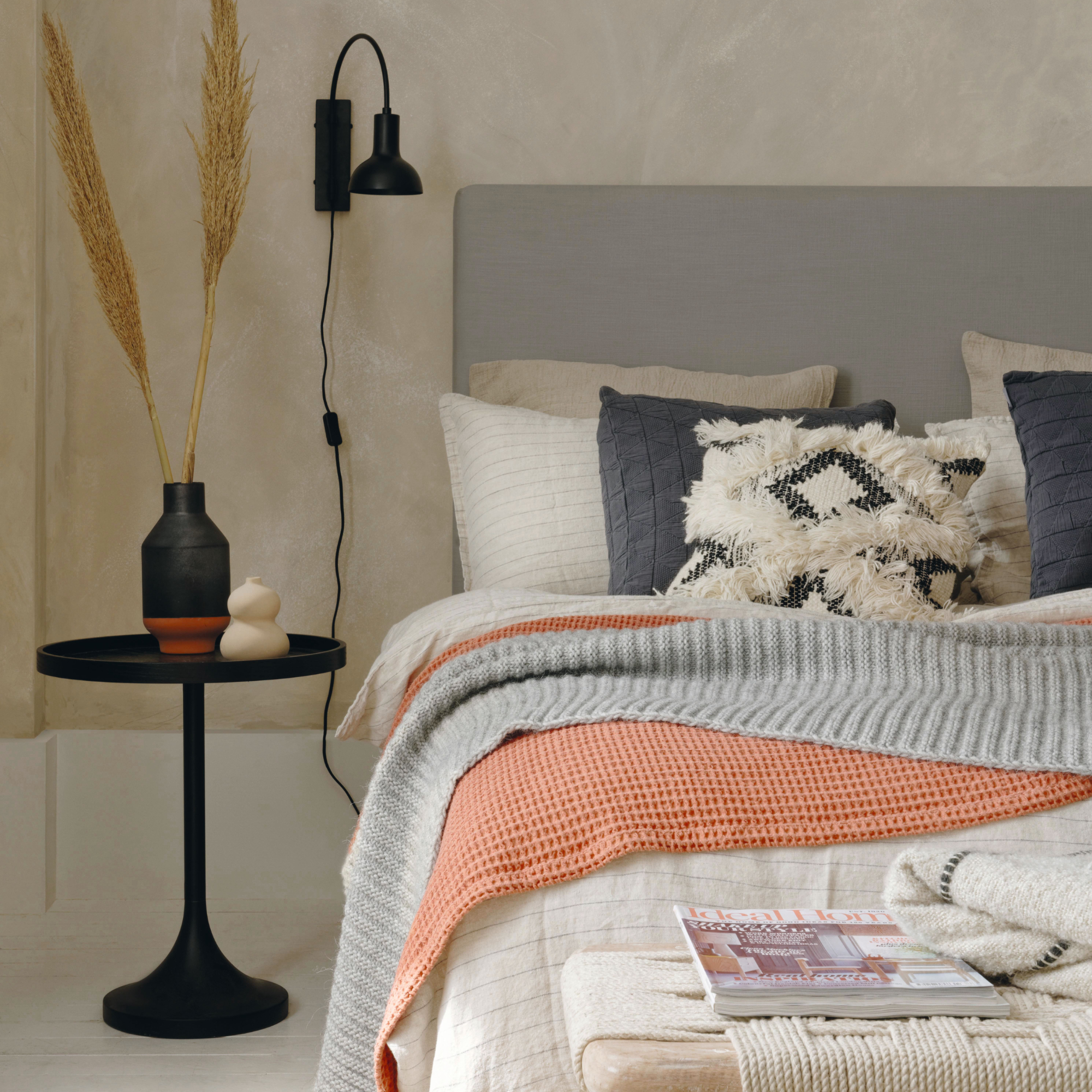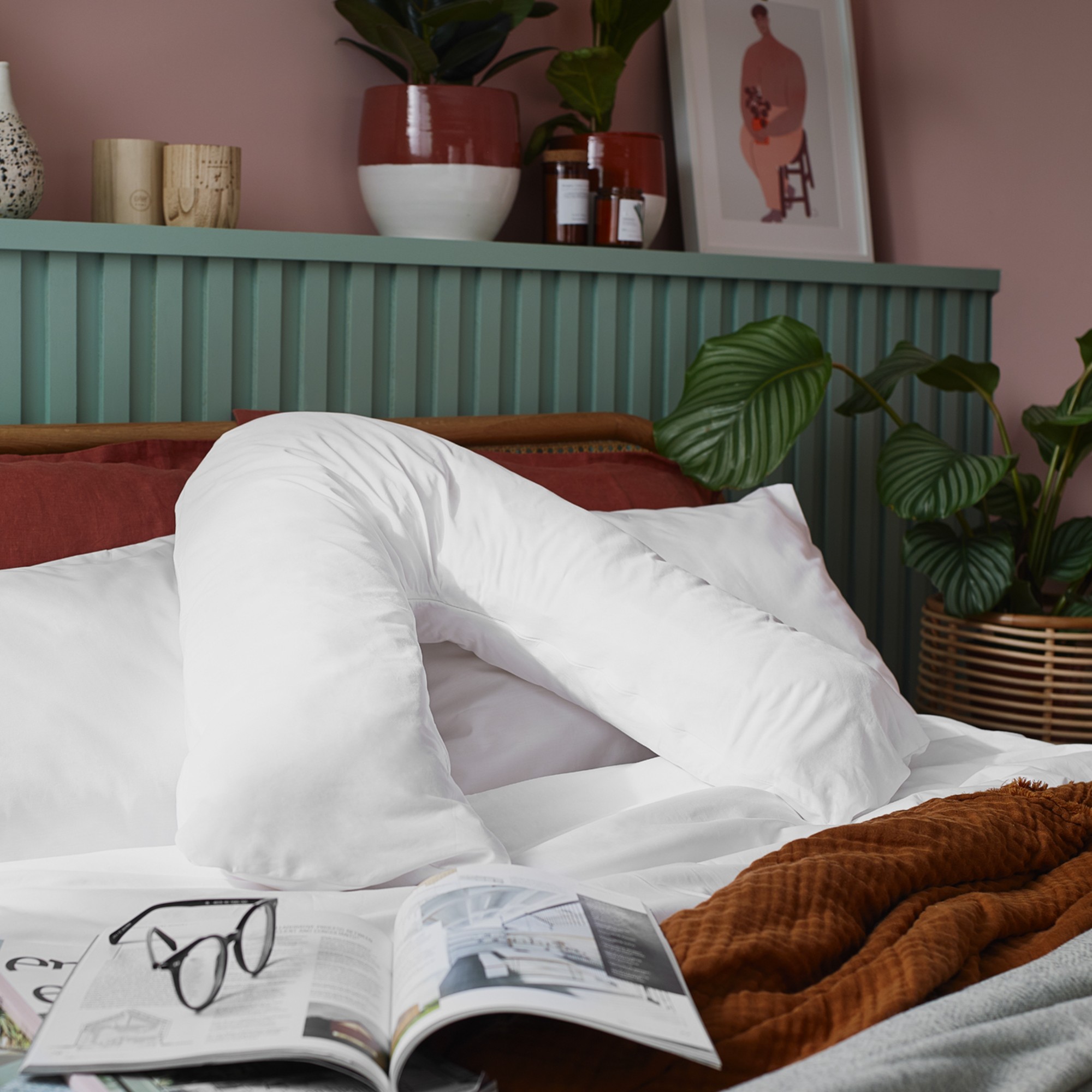
Buy a pillow in haste and repent at leisure. That’s not the exact idiom, but the sentiment remains. You need to spend time weighing up what is the best pillow for you.
You see, the best pillows for you are not necessarily going to be the best pillows for someone else. Many people don’t realise this and don’t think about their individual pillow-based needs.
Most people make some common mistakes when buying a pillow. But not you – because you’re here to avoid all those pitfalls. As a sleep-product journalist with three years of experience in writing about pillows, duvets, mattresses and more, there are things I wish I'd known before buying a pillow and mistakes I often hear experts mention, so I’m going to share some pillow-buying advice with you.
1. Not selecting the right pillow feel
Everyone has a pillow-feel preference, but many people aren’t aware of it. They then go and buy a pillow without thought about what kind of feel they like, and end up with disturbed sleep.
‘I think one of the biggest mistakes people can make when purchasing a pillow is not choosing the right feel and comfort for them,’ says Olivia Shykles, Filled Bedding Buyer at John Lewis. ‘This can result in an interrupted night's sleep plumping pillows and waking up in a lot of discomfort.
‘We find people often select a middle-of-the-road medium feel as this can appear like the safe choice, but if it's not the right feel for your ideal comfort needs it could be a waste of money.’
Think about how well you sleep generally, and when you sleep best. The pillow will be a big factor in how well you sleep, so try to consider what pillow you’ve used when you’ve slept the best and go for that kind of firmness.
‘With so many pillows out there it can feel like a bit of a minefield, that's something we are trying to correct at John Lewis,’ says Olivia from John Lewis. ‘Keep an eye out for our new pillow scale to make this part of the shopping journey much clearer.’

2. Opting for the wrong filling for you
Different pillow fillings do different jobs, and finding the right pillow filling for you is absolutely paramount in your journey to a good night’s sleep.
There are a few factors that will dictate the best pillow filling for you. This includes your sleeping style (we will come on to this in a moment), how warm you like to be when you sleep and any allergies you might have.
‘Different pillow fills (feather, down, memory foam, synthetic) offer varying levels of support and comfort,’ says Karen Thomas, Head of Design at Marks and Spencer. ‘Natural feather fillings are generally softer than synthetic ranges and are lightweight. Additionally, some materials can trigger allergies for certain individuals.’

3. Not trying before you buy
We live in a busy world, where adding things to an online basket is a quick and efficient way to get shopping done. But I’d counsel that buying your bedding cannot be done solely online, it is worth doing a little in person research.
‘As much as I love online shopping there are some decisions that shouldn’t be made on a screen particularly when it comes to comfort,’ says Olivia from John Lewis. ‘I would always recommend visiting a branch where possible and speaking to one of our expert Partners about exactly what you are looking for in your new pillow.
‘Then a bit like if you were buying a mattress make sure you are taking a pillow to test on a bed,’ says Olivia. It’s wise to choose a mattress in store that’s similar to your one at home, to see how the two interact.
‘Don’t feel self-conscious about it, spending just 10 minutes testing out a pillow in the position you sleep in could be the difference in making the wrong decision. For hygiene purposes it's not an easy product to return if you're not happy,’ explains Olivia.
And one final tip from Olivia on testing pillows: ‘One to remember is like a new pair of shoes, sometimes we need time to adjust to a new pillow. I would say it can take at least seven days to allow a new pillow to settle in and for your body to get used to it.’

4. Not considering your sleeping position
One man’s perfect pillow is another man’s torture device. And a lot of this comes down to your sleeping position. Side sleepers, back sleepers and front sleepers all need different pillows to keep the aches and pains at bay.
‘The position you sleep in can often connect to the feel of the pillow you should be selecting so if this is not considered it's likely you could end up with an uncomfortable pillow,’ says Olivia from John Lewis.
‘Go for a firm pillow if you drift onto your side,’ says Olivia. ‘They're ideal for side sleepers as they provide sufficient support to the neck, back, and shoulders – keeping the spine aligned and preventing hunching and a painful neck.’ Memory foam and latex pillows are often the best pillows for side sleepers.
‘Medium firmness pillows are great for snoozing on your back as they provide enough support for the neck without affecting the alignment of your spine,’ says Olivia from John Lewis. Feather and down is ideal for back sleepers as they cuddle your head as you sleep. ‘[Medium pillows] are also ideal for sleepers with flexible comfort preferences or those who change positions throughout the night. A majority of people will find these pillows both comfortable and supportive.’
‘Soft and lower profile pillows are the best option if you are out like a light laying on your front,’ says Olivia. You won’t find your head at awkward angles or wake up with a sore neck if you sleep on your front and have a soft, low-profile pillow.

5. Undervaluing how important pillows are
If you’ve invested in the best mattress you can afford, you’d be doing it a huge disservice to not invest in decent pillows too – yet people do this all the time. And even if you haven’t shelled out for a new mattress, you should spend as much as you can afford on pillows.
‘Trying to save money on a pillow purchase can be another mistake people make when shopping for a pillow,’ says Olivia from John Lewis.
‘Premium pillows, particularly those with specialist fillings can feel like quite an investment but selecting the wrong one can result in not only an uncomfortable night's sleep but unnecessary repeat purchases,’ says Olivia.
6. Choosing the wrong-shaped pillow
There is more than one shape of pillow to consider when choosing the right pillow for you. There is of course the traditional standard (sometimes called Oxford) pillow that tends to measure 50x75cm. But there is also so much more.
‘You can’t go wrong with the classic standard pillow but you could also consider square (sometimes called continental) pillows,’ says Karen from Marks and Spencer. ‘They are great for sitting up in bed and styling. King size pillows are another consideration, designed extra wide for bigger beds. Or perhaps it's something more specialist you are looking for, like a body pillow or a V-shape.’

7. Ignoring the care instructions
Being able to properly wash your pillow according to its care instructions is important. So check you can give your pillow the TLC it deserves.
A well-cared for pillow will last longer, be more hygienic and will help keep any allergens at bay. So if it’s dry-clean only, get ready to commit. If it requires air drying, make sure you have the space.

FAQs
How do you know if a pillow is good?
A good night’s sleep is the hallmark of a good pillow. If you’re waking up pain free, and not being woken in the night to rearrange your pillow, you’re probably onto a good thing. As Olivia says above, go into a shop and try the pillows out to see what feels comfortable for you, and the way you sleep.
A pillow shouldn’t be able to be folded in half, and should have a good spring-back if you put your hand on it. Regularly do a quick check for signs that your pillow needs replacing.
How much difference does a good pillow make?
A good pillow can make a huge amount of difference to your life. The right pillow can reduce aches and pains and improve the quality of your sleep.
‘On average we spend approximately a third of our lives sleeping, so selecting the right pillow is a decision that should be taken seriously,’ says Olivia from John Lewis. ‘It can be an expensive purchase but it's an item that you use everyday so worth investing as much as you can in.’
Our favourite pillows
If you need to buy a pillow online this is a great option as it's a good crowd-pleaser that has an adjustable fill.
If you already know you'd like a firmer, memory foam pillow, this is a great option.
Another adjustable fill pillow, this wool version is ideal if you are looking for a more natural filling.

.png?w=600)





